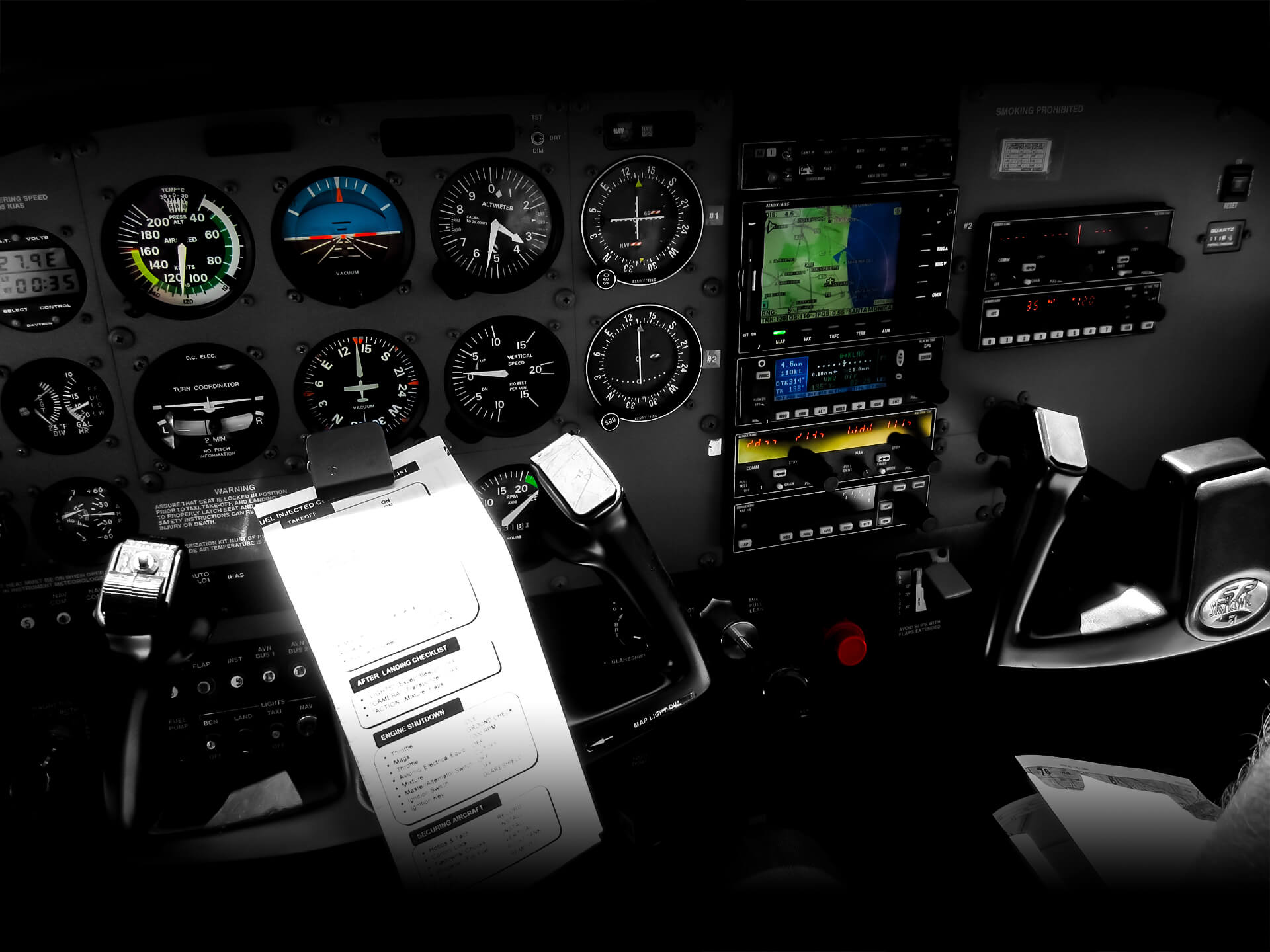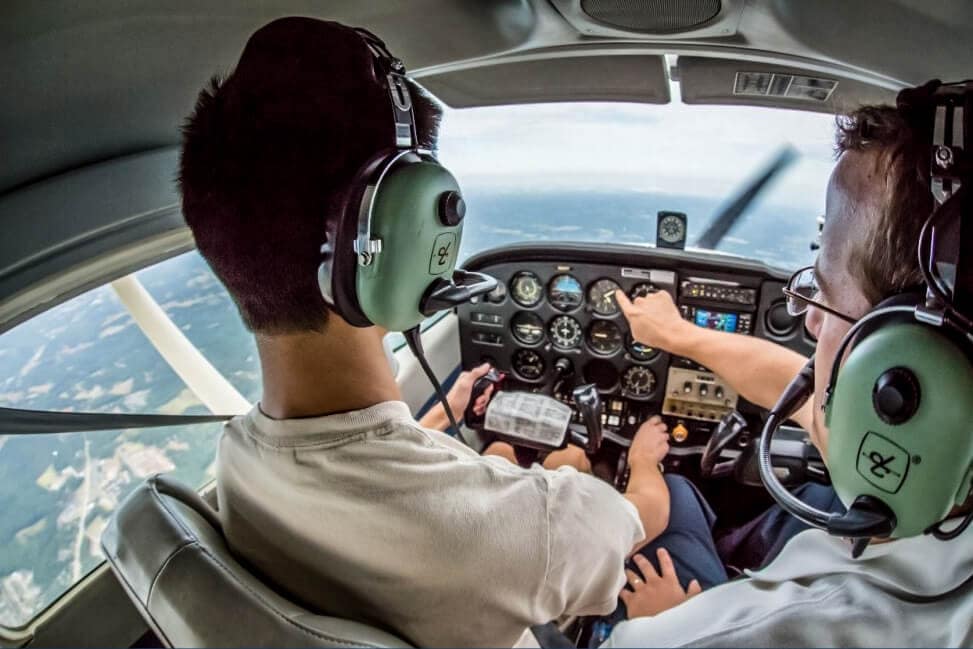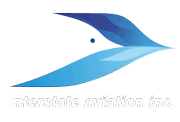Our Private Pilot Course
Flight Training available at Robertson Airport (4B8) in Plainville, CT & at the Waterbury-Oxford Airport (OXC) in Oxford, CT!
We are a Part 61 flight school. We have found that utilizing FAA Part 61 regulations instead of Part 141 allows for us to tailor-teach each student to their personal needs and allows for flexibility within the given curriculum. The only slight difference between Part 61 & 141 is that for Part 61, the FAA requires the student to log an additional five hours of flight time for sign off. It’s been our experience, however, that the “average” student usually takes about 55-70 hrs to complete their lessons to be ready for their flight test, anyway.
By the time all is said and done, the course will realistically run anywhere between $9,500-$12,000 for the average student. Lessons can be done year-round, keeping in mind that during the winter months it gets dark a lot earlier and we may also have to deal with a few piles of snow!
Your first step in becoming a private pilot is to purchase your preference of ground school kits. Each kit contains all the materials necessary to complete the ground portion of your lessons and get you prepared to pass the required FAA Written Exam from the comfort of your own home or office!
The ground school course is a “self-paced course,” meaning, once you purchase the ground school kit of your choice, you then complete your ground sessions on your own time and at your own pace, all the while keeping on with scheduling your flight lessons at your convenience. There is no formal “classroom” study with other students. Any extended ground school sessions required will be done on a one-to-one basis with your instructor.

Once you obtain your kit, you’ll start your course by completing “Lesson 1” online or completing “Lesson 1” in your textbook (depending on which kit you chose). Once your ground session is complete, you’ll take to the skies for your first flight lesson! No matter which ground school course you choose, both programs integrate the ground lessons and flight lessons into one comprehensive curriculum ensuring that before every flight you’ll have the required knowledge to succeed! A certified flight instructor (CFI) will be assigned to you and will remain your instructor throughout the course. Your flight lessons are scheduled at your convenience and can be reserved in advance with our convenient online Scheduling System.
Lessons can be done in our high wing Cessna aircraft or in your choice of one of our low wing aircraft, Piper Warrior or Piper Archer. As stated above, the F.A.A. part 61 regulations require that you obtain a minimum of 40 flight hours to earn your private pilot license. However, it’s been our experience that most pilots-to-be build about 55-70 hours before they complete the course, which takes, on average, about nine months to one year to complete, depending on your availability.

Discounted Introductory & Demonstration Flights
Interstate Aviation Inc. offers to our prospective students a low-cost demonstration flight, which consists of a 30 minute, dual instruction flight* with one of our certified flight Instructors. They will get you familiarized with the aircraft and, once you take flight, they’ll show you how to take the controls for a bit yourself!. After the flight, the instructor will give you a tour of our facilities, review and explain your choice of ground school studying options with the Cessna Online Web-based Course or the Jeppesen Textbook/Workbook Course. They’ll also answer any questions you may have on flying and/or our private pilot courses.
*The flight time incurred on a demo flight is not logged and does not count toward the FAA minimum hourly requirements to obtain your license.
Advanced Courses
Instrument Rating
The instrument rating, which equips you with the exact skills needed to fly in the clouds and under conditions of reduced visibility, is the most frequent “next step” taken by private pilots to advance their aeronautical education. An instrument rating is simply an amendment to your pilot license. It allows you to fly through clouds, fog, rain, and areas of low visibility since your advanced training will have taught you to use and rely only on your instruments when operating an aircraft.
Commercial Rating
Take your flying to the next level, when you earn your commercial pilot certificate, you obtain a higher level of flying knowledge and proficiency that opens up a world of opportunity. Even if you don’t plan on flying for a living, working on your commercial pilot certificate can be a good idea. Like the instrument rating, the commercial hones basic flying skills. Although it is a standard must for the person planning on flying for a living, the commercial certificate is also a good way to gain increased confidence and become more professional in the cockpit. The commercial maneuvers are fun to learn and will make you a better, safer pilot! You’ll be proud to say that you’ve earned your commercial pilot’s license!
Certified Flight Instructor Rating
A great way to start getting paid in aviation is as a flight instructor. Training to be a CFI will teach you how to fly from the right seat. You will gain knowledge on the instruction of flight to prepare you to teach others how to fly. As an instructor, you’ll log all the hours you spend instructing students in an airplane, making it a great way to build up hours for a career and gain valuable experience. Getting paid to fly is one of the many perks of being a CFI.
FLIGHT REVIEWS AND CURRENCY
Flight Review (BFR)
The Flight Review (commonly referred to as a Biennial Flight Review, or BFR) exists to ensure that a pilot is up to date on any changes in flight rules, regulations, and procedures, as well as ensuring pilot skill competency. Flight reviews are required for all general aviation pilots. No general aviation pilot may act as pilot in command of an aircraft unless, within the preceding 24 calendar months, that pilot has accomplished a flight review in accordance with FAA guidelines. An FAA flight exam can be used to substitute a flight review.
Currency & Proficiency
Currency and proficiency aren’t the same thing. The FAA sets minimum standards for currency—which has a lot to do with staying legal, but not much to do with being a competent pilot. Bottom line? Flying is not “just like riding a bicycle.”
Individual needs vary, but for the vast majority of us, meeting FAA requirements (and nothing more) is simply not enough. The obvious solution to the proficiency problem is to do more flying. But when it comes to proficiency—being prepared to handle any situation with which you might reasonably be presented—quality beats quantity.
Push yourself. 100 hours of pattern work in the past year (all of it on windless days) might make for smooth calm-wind landings, but it won’t count for much the first time you’re faced with a 15-knot crosswind. In our aircraft or your own, schedule one of our CFIs to get yourself proficient, current, and comfortable behind the yoke again!
Instrument Proficiency (IPC)
The Instrument Proficiency Check (IPC) exists to ensure that the instrument-rated pilot is brought up to date with any changes in IFR flight rules, regulations, and procedures, as well as ensuring pilot skill competency. No general aviation pilot may act as pilot in command of an aircraft under IFR unless that pilot has, within the previous 12 calendar months, fulfilled the self-currency requirements set forth by the FAA. Should this self currency lapse, an IPC is required. An IPC consists of both a knowledge review and a flight skill review with an instructor.
As total hours logged and flight experience varies from pilot to pilot, please call us to schedule a no-cost consultation with one of our CFI’s to discuss the best plan of action for obtaining any of these advanced ratings
ABOUT US
HISTORY
GALLERY
RESOURCES
E6B
GENERAL
INFO
AIRPLANE
FLIGHT
TRAINING
HELICOPTER
FLIGHT
TRAINING
Aircraft
Storage
Aircraft
Maintenance
Aircraft
Fueling
GENERAL INFO
Private Pilot Course
HELICOPTER
FLIGHT
TRAINING
FAQ

